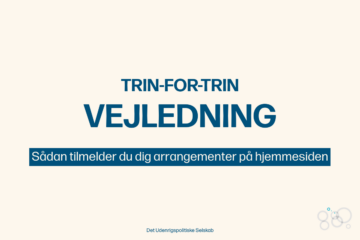Report Summary: EU-India Relations: Gaining strategic traction?
By Hannibal Mucha
This Chaillot Paper analyses the evolving relationship between the European Union and India, emphasizing how recent geopolitical shifts and economic interests have redefined their partnership. While historically focused on trade, the relationship has begun to expand into critical areas such as technology, maritime security, climate change, and supply chains.
Chapter 1: Dissonant EU-India Worldviews
The EU and India have long held differing worldviews, especially regarding issues such as sovereignty, democracy, and multilateralism. For example, India’s stance on Russia’s invasion of Ukraine contrasts sharply with the EU’s: while the EU condemned Russia’s actions and supported sanctions, India maintained a neutral position, citing its strategic interests, such as reliance on Russian defence imports and energy supplies. This divergence underscores broader differences in how the two powers approach global governance, with the EU emphasizing a values-driven foreign policy and India focusing on strategic autonomy.
Chapter 2: Norms in Flux
This chapter delves into the normative differences between the EU and India, particularly around international norms like democracy and human rights. While both actors support multilateralism and territorial integrity, their respective visions of global governance differ. India, as a rising power, seeks greater recognition in global institutions such as the UN Security Council and international financial institutions, while the EU promotes liberal values and the rule of law on the global stage. Despite these differences, areas of potential alignment, such as economic openness and multilateral cooperation, offer a path forward for the partnership.
Chapter 3: Trade, Connectivity, and Supply Chains
Trade remains a cornerstone of EU-India relations. The paper highlights the significance of bilateral trade, with the EU being India’s second-largest trading partner. Recent efforts to deepen economic ties have led to negotiations on a Free Trade Agreement (FTA) and the establishment of the EU-India Trade and Technology Council (TTC). However, challenges such as India’s protectionist policies and disagreements over digital trade standards remain. The chapter also explores mutual interests in improving supply chain resilience and reducing dependence on China for critical raw materials.
Chapter 4: Digital and Technology
India’s advancements in digital infrastructure and technology are becoming increasingly relevant to the EU. This chapter covers areas of cooperation in emerging technologies like artificial intelligence, 5G, and cybersecurity. Despite differences in data governance and digital standards, both sides recognize the importance of digital transformation for future economic collaboration.
Chapter 5: Maritime Cooperation in Security and Defence
The security and defence partnership between the EU and India is evolving, particularly in securing strategic sea routes in the Indo-Pacific. Historically, this aspect of their relationship was underdeveloped, but recent joint naval exercises and growing defence collaborations signal a shift. India’s interest in co-developing defence technology with the EU adds a new dimension, driven by India’s desire for military modernization and strategic diversification.
Chapter 6: Climate and Energy Transitions
The final chapter explores EU-India cooperation on climate change and energy transitions. While the EU has set more immediate climate goals under its Green Deal, India has a longer timeline, aiming for net-zero by 2070. Despite these differing timeframes, there are significant opportunities for collaboration in renewable energy, climate finance, and technology transfer. The EU’s Carbon-Border Adjustment Mechanism (CBAM) has raised concerns in India, but both actors are working to find common ground.
How to Gain Traction?
The paper concludes that while EU-India relations face challenges due to differing political and normative outlooks, there is significant potential for cooperation in economic, security, and technological fields. Both actors need to balance their strategic autonomy with greater interdependence to navigate a rapidly changing global order. Strengthening ties in areas like maritime security, climate action, and trade will be key to ensuring long-term partnership success.
Read more here


